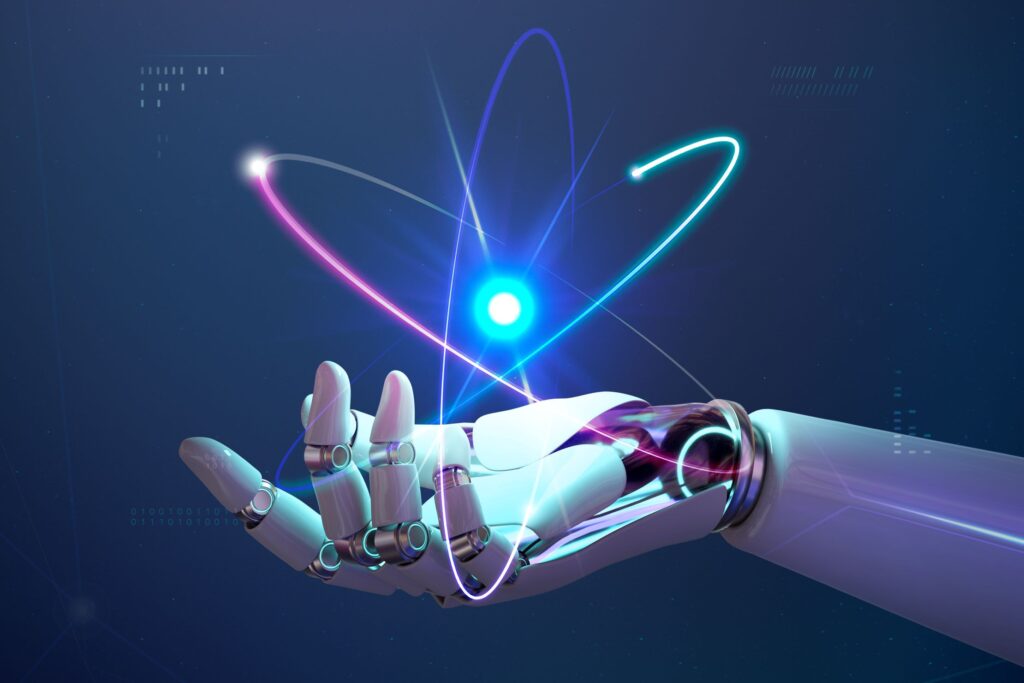Table of Contents
In the rapidly evolving world of artificial intelligence, Andrew Ng stands out as a leading figure. As a Stanford professor and co-founder of Coursera, Ng has been instrumental in shaping the AI landscape. In a recent talk hosted by Sequoia Capital, he explored the future of AI, with a particular focus on the transformative power of agentic workflows.
Understanding Agentic Workflows
Traditionally, AI workflows have been linear and straightforward—like a basic question-and-answer format. You input a prompt, and the AI generates a response. While this method works, it lacks the iterative refinement that mirrors how humans solve problems. Ng introduces the concept of agentic workflows, which emulate the iterative processes humans naturally use to refine ideas and solutions.
Key Benefits
Iterative Improvement
Instead of settling for the first draft, agentic workflows encourage AI systems to refine their outputs iteratively, leading to more accurate and nuanced results.
Enhanced Problem-Solving
Agentic workflows enable AI to tackle complex problems more effectively by mimicking human reasoning processes.
Case Study: AI in Coding
Ng presented a compelling case study on AI’s application in coding. Traditional zero-shot approaches, where AI solves problems without examples, often yield subpar results. However, when agentic workflows are applied, AI performance improves significantly.
Zero-Shot Prompting
GPT-3.5 achieved a 48% success rate in coding tasks.
Agentic Workflow
By allowing the AI to iterate and refine its solutions, performance improved, sometimes surpassing GPT -4’s results.
This case study illustrates that iterative processes are essential for optimal AI performance.
Design Patterns in Agentic AI
Ng highlights several design patterns reshaping the AI landscape:
Reflection
AI systems can review and revise their outputs, much like human reviewing their work, often leading to better results.
Multi-Agent Collaboration
Multiple AI agents with distinct roles, like coder and critic, can collaborate to enhance problem-solving capabilities and productivity.
Tool Use
AI systems can leverage external tools for research, data analysis, and productivity, significantly expanding their capabilities.
Planning
AI agents can autonomously plan and adapt to failures, improving their ability to manage complex tasks efficiently.
Future Implications of Agentic AI
As AI continues to evolve, agentic workflows are set to play a crucial role in expanding the capabilities of intelligent systems. Ng emphasizes several key implications:
Expanding AI Capabilities
Agentic workflows enable AI to perform more complex tasks, driving advancements across various domains.
Patience in AI Interactions
Users may need to adjust their expectations, allowing AI agents time to refine and iterate on responses for more comprehensive outcomes.
Fast Token Generation
Rapid token generation is critical for agentic workflows, enabling efficient iterations and enhancing AI performance.
The Path to AGI
Ng sees the journey toward Artificial General Intelligence (AGI) as a continuous process rather than a fixed destination. Agentic workflows represent a significant step forward, giving AI systems the autonomy and sophistication needed to navigate this complex journey.
Conclusion
Andrew Ng’s insights into agentic workflows offer a glimpse into the future of AI development. By embracing iterative processes, AI systems can reach unprecedented levels of performance and capability. Integrating agentic workflows will undoubtedly shape the next generation of AI technologies as we move forward.
Credits
This post is inspired by Andrew Ng’s talk on agentic workflows in AI, hosted by Sequoia Capital. The full presentation provides a deeper dive into these insights.


